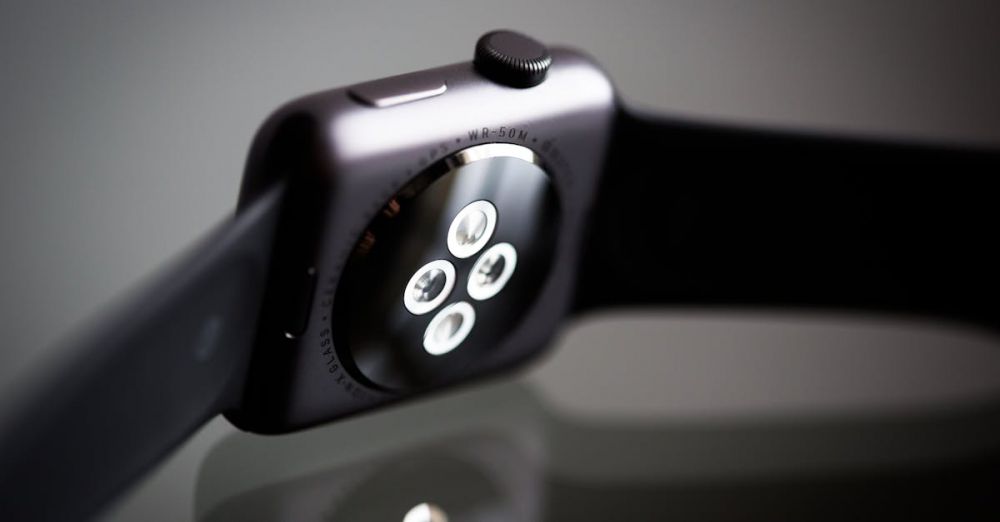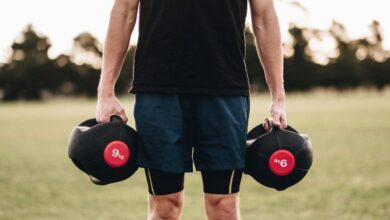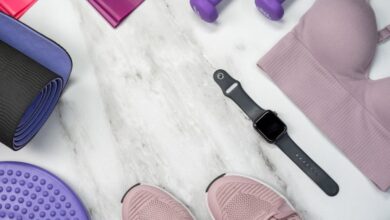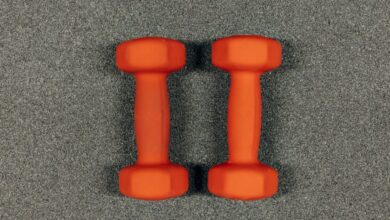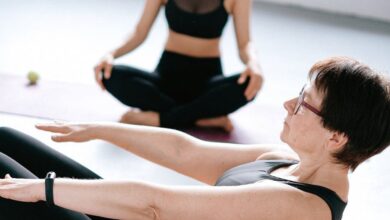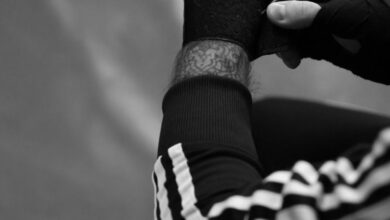How to Pick a Comfortable Fitness Tracker
In an age where health consciousness is increasingly becoming a priority, fitness trackers have emerged as popular gadgets for monitoring physical activity. These devices promise to help users stay on top of their fitness goals by tracking steps, heart rate, sleep patterns, and more. However, with so many options available, finding a comfortable fitness tracker that fits seamlessly into your daily life can be challenging. The right tracker will not only enhance your fitness routine but also feel good on your wrist, encouraging you to wear it consistently. Here’s how to make the best choice.
Know Your Needs
Before diving into the sea of fitness trackers, it’s vital to understand your personal fitness goals. Are you a casual walker, a dedicated runner, or a gym enthusiast? Different devices cater to various activities, so pinpointing your primary fitness focus can narrow down your options. If you’re primarily interested in step tracking, a basic pedometer might suffice. However, if you aim to monitor your heart rate during workouts or analyze sleep patterns, opt for a more advanced model. Identifying your needs will help you select a tracker that is not only comfortable but also functional.
Consider Band Material
The material of the fitness tracker band significantly impacts comfort. Most trackers feature bands made from silicone, leather, metal, or fabric. Silicone bands are popular for their lightweight and water-resistant qualities, making them ideal for rigorous workouts. Leather, while stylish, may not be the best choice for intense activities due to sweat absorption. Metal bands offer a sleek look but can be heavy. Look for adjustable options that fit snugly without pinching or causing irritation. If possible, try on different materials to see what feels best against your skin.
Evaluate Size and Fit
Size matters when it comes to fitness trackers. A device too tight can cause discomfort, while one that’s too loose may not track accurately. Most brands offer various sizes, so take your wrist measurements before purchasing. Some trackers come with adjustable bands, allowing for customization. Additionally, consider how the device sits on your wrist. A tracker that feels bulky may become a nuisance during workouts or daily wear. Aim for a sleek design that complements your lifestyle.
Screen Visibility
The display of your fitness tracker is another critical factor in comfort. A clear, bright screen will make it easier to read your stats at a glance. Models with touchscreens are user-friendly, but ensure that the sensitivity is appropriate for quick interactions. If you often exercise outdoors, look for a tracker with a screen that remains visible in bright sunlight. Think about the size of the display as well; larger screens may be easier to read but can also feel cumbersome.
Battery Life Matters
Battery life is an essential aspect of any fitness tracker. A device that requires frequent charging can disrupt your routine and lead to frustration. Look for trackers that offer extended battery life, ideally lasting several days or even weeks on a single charge. This feature not only enhances convenience but also ensures that you can track your activities consistently without interruption.
Compatibility with Apps
A fitness tracker is only as good as the data it provides. Most devices sync with mobile applications that help analyze your progress over time. Before settling on a tracker, check if it’s compatible with your smartphone and whether the app is user-friendly. A robust app will not only display your stats but also offer insights and encouragement, enhancing your overall experience.
Try Before You Buy
If possible, visit a store to try on different fitness trackers before making a decision. This hands-on experience will allow you to assess comfort, size, and weight in real-time. Pay attention to how it feels during movements—jogging in place or doing stretches can give you a sense of how the tracker performs in action. Online reviews can provide valuable insights as well, but nothing beats personal experience.
Finding the Right Fit
Selecting a comfortable fitness tracker is about more than just features; it’s about a device that fits into your life. By understanding your needs, considering materials, evaluating size and fit, and exploring battery life and app compatibility, you’ll be well on your way to finding the perfect companion for your fitness journey. A tracker that feels good encourages daily wear, leading to better tracking and ultimately achieving your health goals. Embrace the journey, and let your fitness tracker guide you to a healthier lifestyle!

